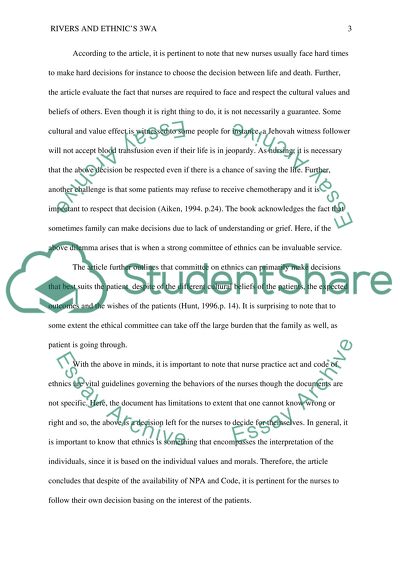Cite this document
(“RIVERS AND ETHINIC'S 3WA Article Example | Topics and Well Written Essays - 2500 words”, n.d.)
Retrieved from https://studentshare.org/nursing/1404122-rivers-and-ethinics
Retrieved from https://studentshare.org/nursing/1404122-rivers-and-ethinics
(RIVERS AND ETHINIC'S 3WA Article Example | Topics and Well Written Essays - 2500 Words)
https://studentshare.org/nursing/1404122-rivers-and-ethinics.
https://studentshare.org/nursing/1404122-rivers-and-ethinics.
“RIVERS AND ETHINIC'S 3WA Article Example | Topics and Well Written Essays - 2500 Words”, n.d. https://studentshare.org/nursing/1404122-rivers-and-ethinics.


